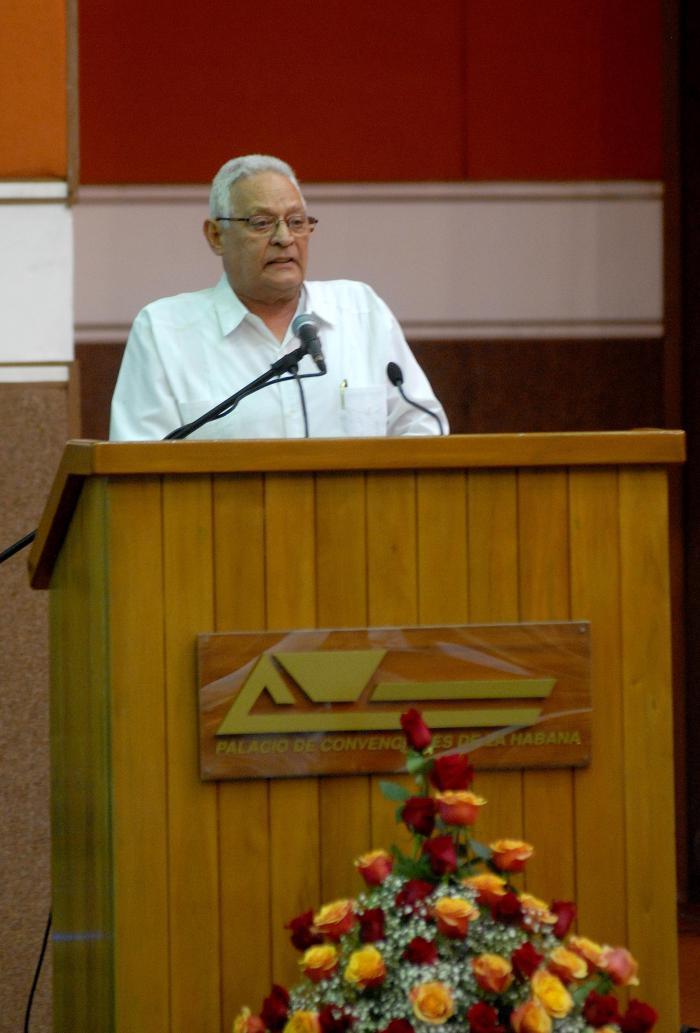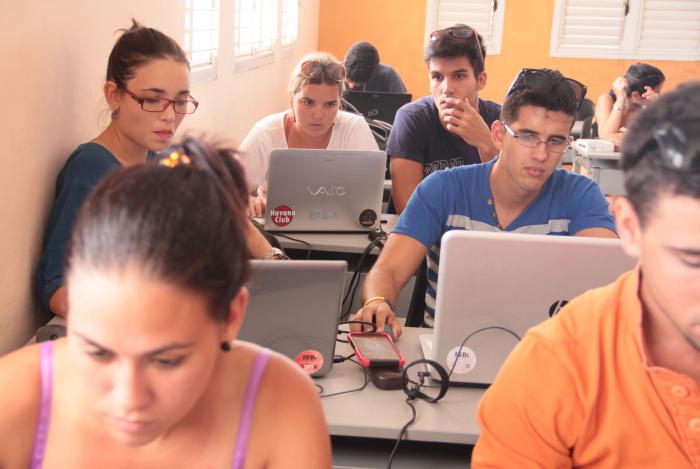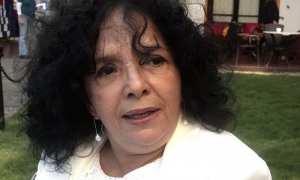
Under the banner of “An innovative university for sustainable human development,” the 10th International Higher Education Congress is arriving, sponsored by the Ministry of Higher Education (MES) and a number of other institutions.
The gathering of higher education professionals will take place in Havana’s Convention Center, February 15-19, and will feature five full workdays devoted to university level learning.
José Ramón Saborido Loidi, MES deputy minister, spoke with the press, saying, “For us, it is of vital importance. It provides a space for debate and interaction, to showcase the best experiences in the training and development of university professionals. It is very important to postgraduate activity.”
Organized around 19 thematic workshops, the program also includes master lectures, a university rectors’ forum, pre-congress courses, encounters and symposia.
As of early February, 2,200 international participants were expected, among them important figures such as presidents, rectors and secretaries of academic institutions and international organizations like the United Nations Organization for Education, Science, and Culture (UNESCO).
BROAD PATICIPATION FROM LATIN AMERICA
Cuba will be represented at the event by some 630 delegates and guests from all of the country’s provinces, including all university rectors.
Professionals from more than 60 countries, on all of the world’s continents, have confirmed their participation in the Scientific Program. Outstanding among those from Africa are the delegations from Angola and Mozambique.
Among nations in the region, it is noteworthy that Nicaragua, Ecuador and Colombia are sending a larger group this year, as compared to past events. Generally speaking, the Latin American presence will be the most substantial.
On the other hand, attendance by academics from the United States, France, Germany, Belgium, and Spain has increased, given the reestablishment of diplomatic relations with the United States, first projected in December of 2014, and the strengthening of ties with the European continent.
Also testimony to the prestige gained by the Congress is the presence of important international organizations - led by UNESCO - ministers, deputy ministers, and more than 200 university rectors and educational directors.
A DAY FOR FIDEL
University 2016 organizers did not want the 90th birthday of the historic leader of the Cuba Revolution Fidel Castro to go unnoticed, and has scheduled a panel discussion entitled, “Fidel Castro and the development of the Innovative University.”

Planned for the inaugural session is a welcome from Dr. Qian Tang, UNESCO’s deputy director general for education, and a lecture by Dr. Rodolfo Alarcón Ortiz, Cuban minister of Higher Education.
The conference has as its antecedent the 1996 UNESCO Conference for the Development of Higher Education in Latin America, held in Cuba.
Since then, the decision was made to hold the event every two years, initially with a focus on Latin America, but which has gradually shifted to include broader geographical participation.
THE CONGRESS & CUBAN UNIVERSITIES OF TODAY
The higher education event is taking place at a special time for Cuban universities, undergoing significant change.
Noteworthy is the process of campus integration underway in all of the country’s provinces. The reorganization involves grouping all of the higher education institutions in each region at a single site, to contribute to more efficient use of human and material resources.
Likewise of importance is the reduction of coursework required in academic programs to allow for graduation within four years, whereas previously most programs involved five years of study. These changes will not affect the quality of study plans, and are in keeping with international standards, as well as the demographic situation within the country, very much in need of young professionals.
Last, but no less important, is the decision to include English language proficiency as a requirement for graduation in all areas of university study; as well as regulations approved to encourage enrollment in pedagogical sciences; and changes to promote alternative modalities of continuing education, such as distance learning and off-campus, weekend courses.
With these internal transformations, and discussions with experts during plenary sessions, the International Congress University 2016, is taking steps toward the goal of promoting Latin American and Caribbean integration in higher education.






